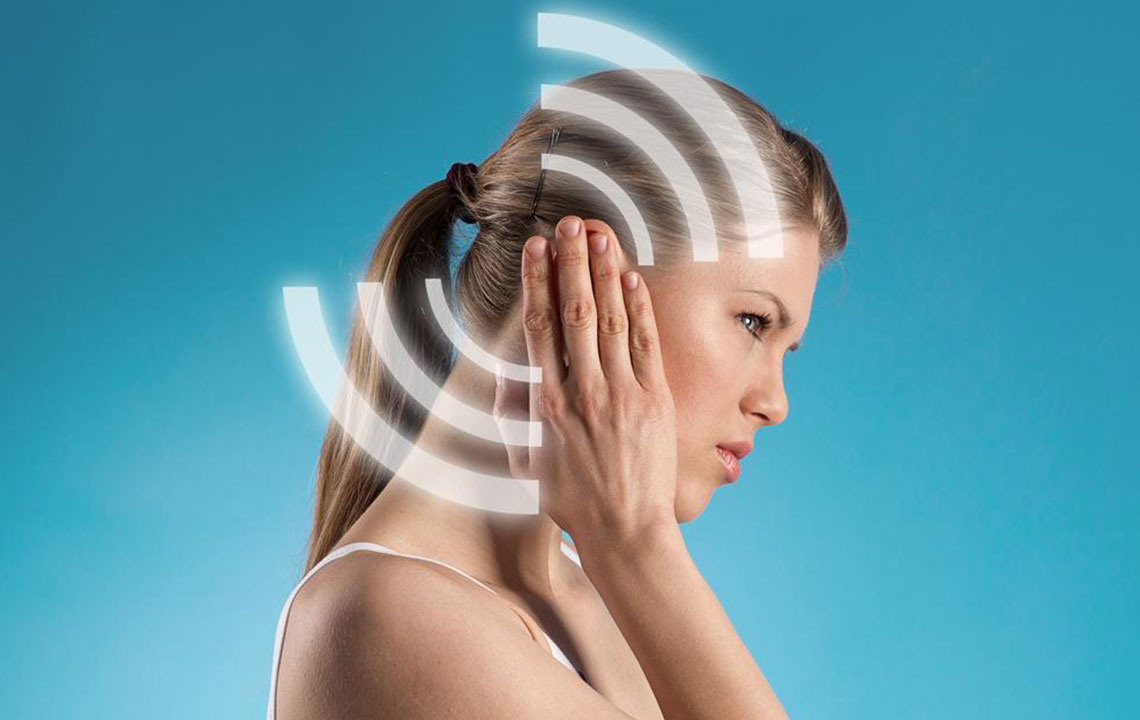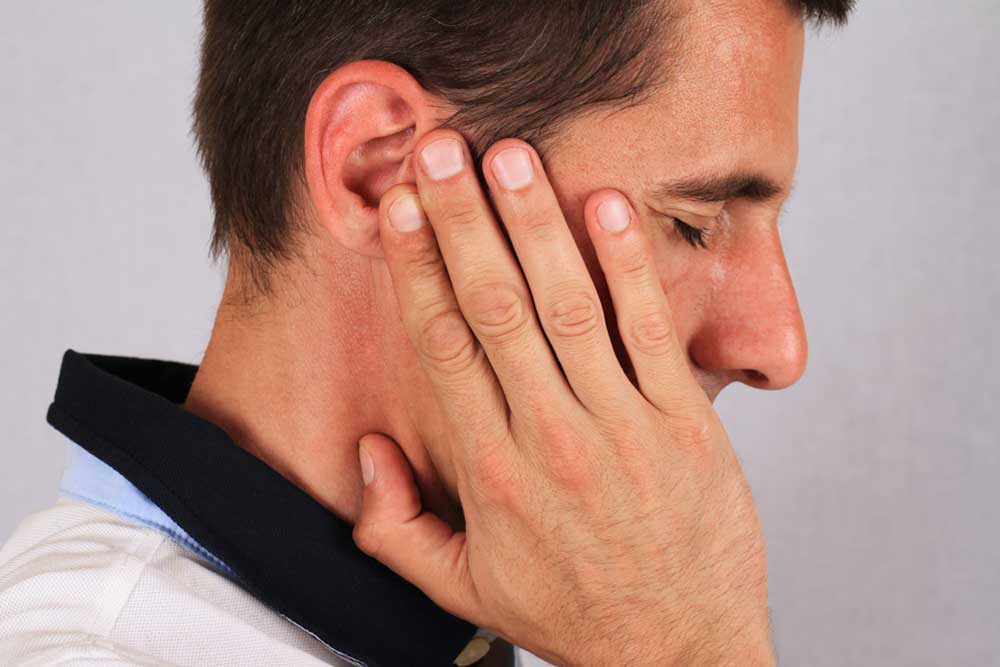Comprehensive Guide to Ear Tinnitus: Causes, Symptoms, and Effective Treatments
This comprehensive article explores ear tinnitus in detail, covering its causes, symptoms, and the latest treatment options. It emphasizes the importance of early diagnosis and personalized management to improve quality of life. Learn about common triggers like ear blockages, infections, and noise exposure, as well as effective therapies such as sound masking, TRT, and surgical options. Understanding tinnitus helps sufferers seek timely help and adopt preventive measures, reducing its impact and ensuring better auditory health.

Comprehensive Guide to Ear Tinnitus: Causes, Symptoms, and Effective Treatments
Ear tinnitus, commonly known as ringing in the ears, is a prevalent condition affecting millions worldwide. Characterized by the perception of sounds such as ringing, buzzing, hissing, or humming that originate from within the ear, tinnitus can considerably impact an individual's daily life and mental well-being. While it is not a life-threatening condition, the disturbance it causes can lead to sleep problems, concentration issues, and emotional distress. Understanding the underlying causes, recognizing the symptoms, and exploring effective treatment options are essential steps toward managing this often-debilitating condition.
What Are the Common Causes of Ear Tinnitus? The origins of tinnitus are diverse, and pinpointing its root cause is crucial for choosing the appropriate treatment. The most widespread causes include:
Blockages in the Ear Canal
Accumulation of earwax, foreign objects, or debris can obstruct the ear canal, leading to abnormal internal sounds. Such blockages interfere with normal auditory signals, causing perceived noise.
Ear Infections
Infections in the middle or inner ear, especially fungal or bacterial infections, can cause inflammation and damage, resulting in tinnitus symptoms.
Growths and Tumors
Noncancerous cysts, benign tumors like acoustic neuromas, or other growths can interfere with the ear’s normal functions, producing persistent ringing or hissing sounds.
Excess Earwax (Cerumen Impaction)
Overproduction or inadequate removal of earwax is one of the most common causes of tinnitus, blocking sound waves and disrupting hearing.
Prolonged Exposure to Loud Noises
Listening to music at high volume levels, attending loud concerts, or working in noisy environments for long periods can damage sensitive hair cells in the cochlea, leading to tinnitus.
Age-related Hearing Loss (Presbycusis)
As people age, degeneration of auditory nerves and hearing structures can cause ringing sensations and reduced hearing acuity.
Otosclerosis
Abnormal bone growth within the middle ear can interfere with sound transmission, resulting in tinnitus and hearing difficulties.
Medications and Health Conditions
Several drugs, including certain antibiotics, diuretics, and chemotherapy agents, may have tinnitus as a side effect. Additionally, conditions like muscle spasms, neurological disorders such as multiple sclerosis, and Meniere’s disease are linked to tinnitus development.
Recognizing the Symptoms Associated with Ear Tinnitus The symptoms of tinnitus can vary significantly among individuals. Common signs include:
The perception of various internal sounds such as ringing, buzzing, or humming that have no external source
Ear discomfort, pressure, or pain
Vibrations or flickering sensations within the ear or eardrum
Sleep disturbances, including difficulty falling asleep or staying asleep
Difficulty focusing, concentrating, or completing tasks
Partial or complete hearing loss in affected ears
Psychological symptoms such as anxiety, depression, or irritability due to persistent noise perception
Unusual ear discharges or fluid build-up in some cases
Diagnosing Ear Tinnitus: The Process and Considerations Diagnosing tinnitus can be complex because its symptoms often overlap with other ear or neurological conditions. Effective diagnosis involves a comprehensive medical history, detailed symptom assessment, and various tests, including:
Loudness matching tests to determine the perceived volume of tinnitus
Pitch recognition to identify the specific frequencies involved
Visual inspections and examinations of the ear canal and eardrum
Hearing tests, including audiograms, to assess the degree of hearing loss
Imaging studies like MRI or CT scans if tumors or structural anomalies are suspected
Proper diagnosis not only confirms tinnitus but also uncovers underlying causes that may require targeted treatments.
Effective Treatment Strategies for Ear Tinnitus The management of tinnitus depends largely on its underlying cause, severity, and impact on daily life. While some cases resolve naturally or with simple interventions, others may require comprehensive treatment plans. Common approaches include:
Hearing Aids
For individuals with concurrent hearing loss, hearing aids can improve auditory input, helping to reduce the perception of tinnitus.
Tinnitus Retraining Therapy (TRT)
Combines sound therapy with counseling techniques to help individuals habituate to the ringing sounds, minimizing their impact.
Sound Masking Devices
Portable devices or hearing aids equipped with sound generators produce soothing background noise that masks the tinnitus, providing relief.
Sound Generators and Ambient Noise Machines
Creating gentle ambient sounds, like nature noises or white noise, can help distract the brain from tinnitus and ease discomfort in quiet environments.
Surgical Options
Surgery may be necessary in cases involving structural abnormalities, tumors, or significant bone deformities. Procedures include removal of growths or correction of ossicular chain issues.
Earwax Removal
Professional removal of earwax by a healthcare provider often alleviates symptoms caused by blockages.
Treating Ear Infections
Antibiotics, antifungal medications, or other treatments targeting infections can reduce inflammation and improve symptoms.
Medications
While no drugs directly cure tinnitus, medications like antidepressants, anti-anxiety drugs, or sleep aids can mitigate associated stress and improve quality of life.
Prevention and early intervention are key components of managing tinnitus effectively. Regular ear hygiene, protection from loud noises, and prompt medical attention for ear infections or injuries can significantly reduce the risk of developing chronic tinnitus. Consulting healthcare professionals promptly ensures accurate diagnosis and the implementation of tailored treatment strategies, which can considerably improve outcomes and enhance quality of life for those living with tinnitus.





